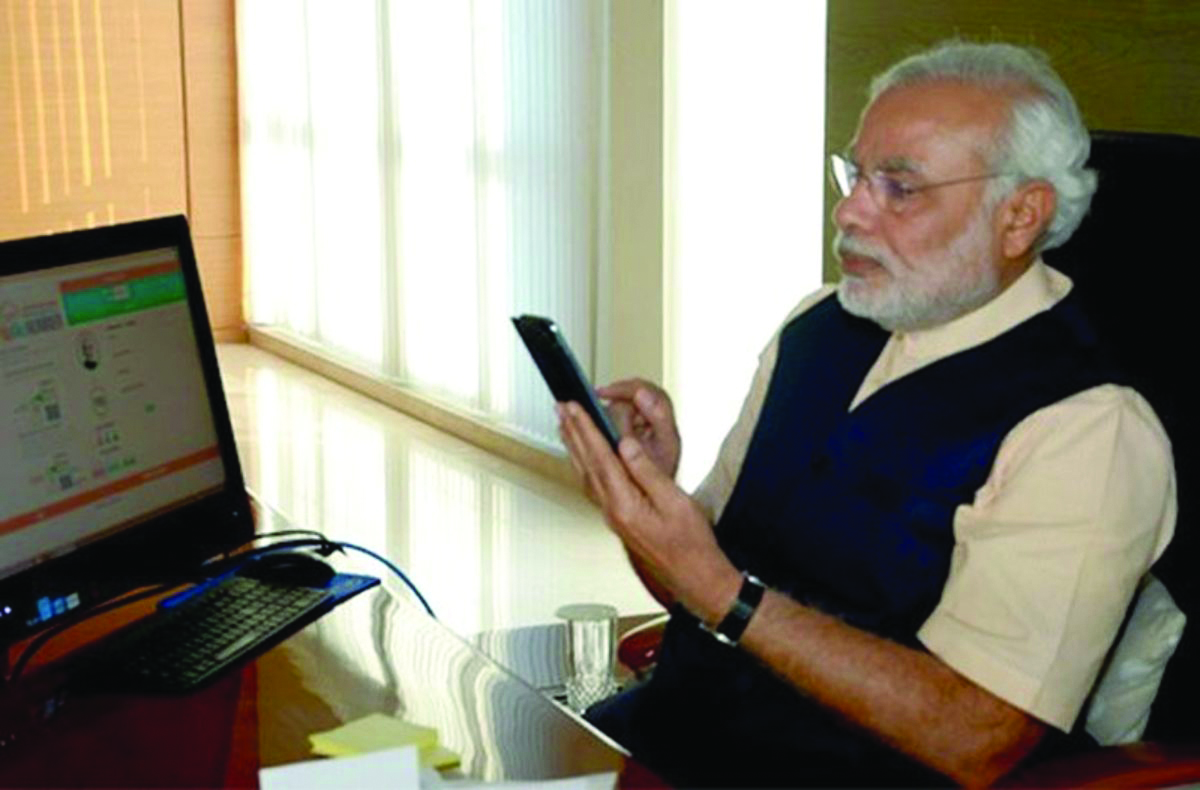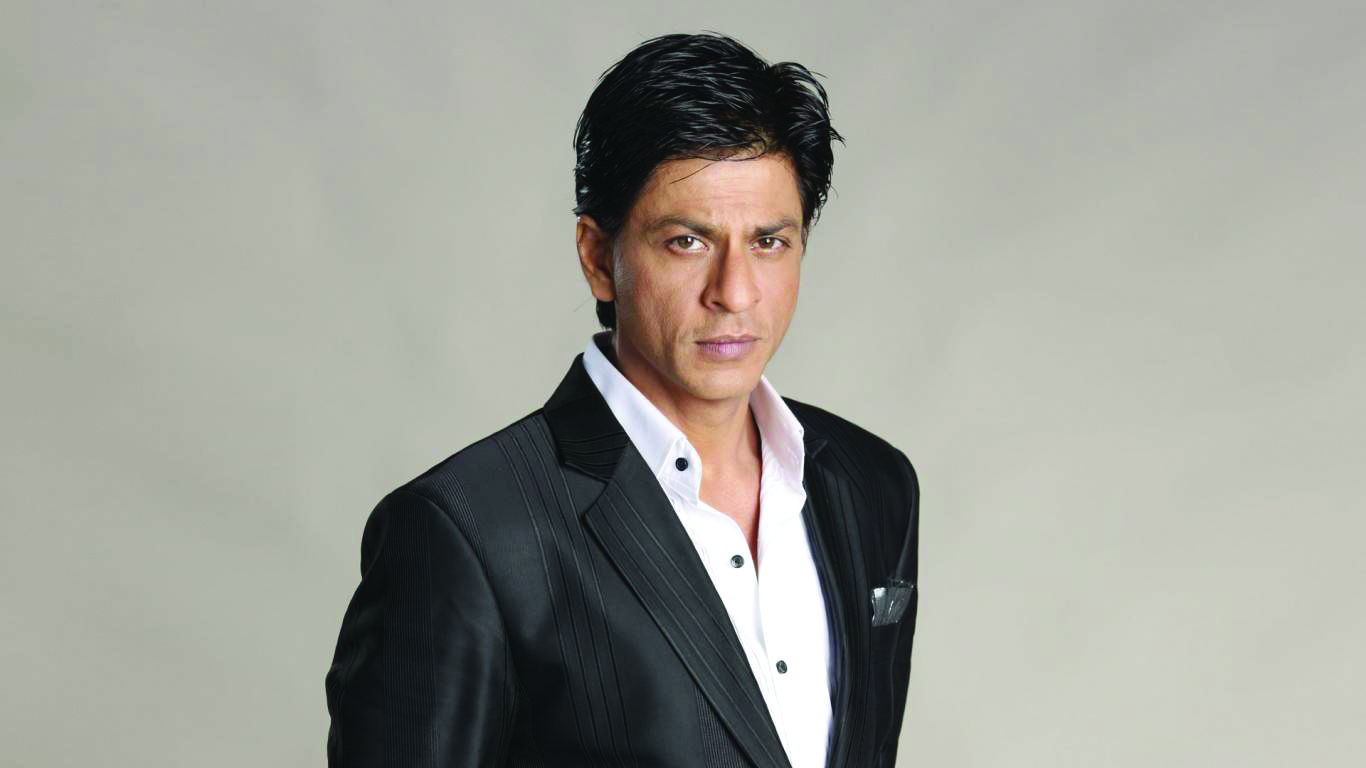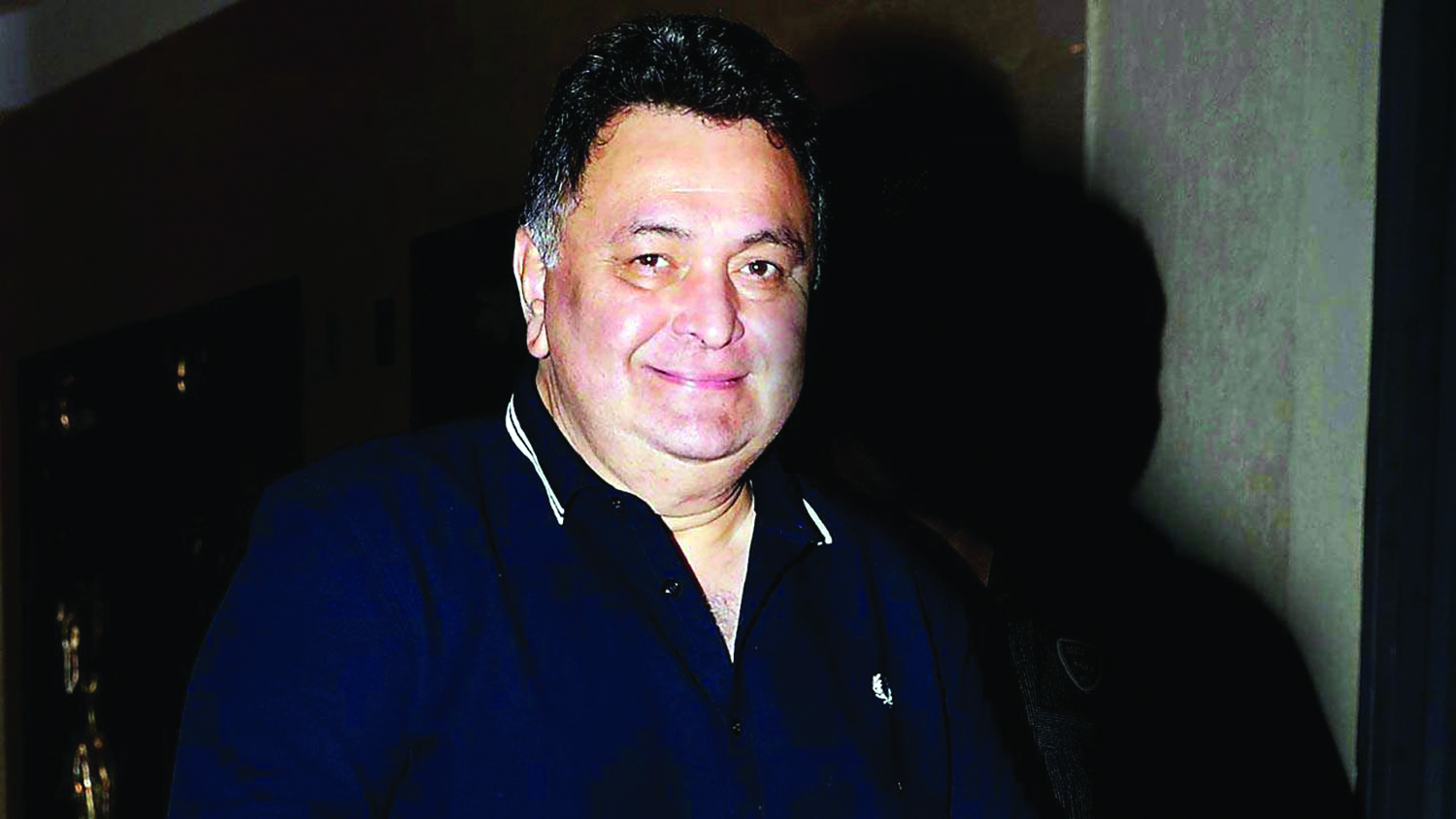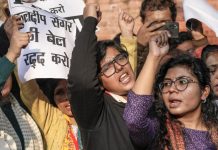 PM Modi had tweeted, “This Sunday, thinking of giving up my social media accounts on Facebook, Twitter, Instagram & YouTube. Will keep you all posted.” There are many celebrities who quit social media for good and there are others who took a short break from posting, wiped their social media clean before announcing a new project, or have ditched it forever, these stars have made headlines for bucking social media.
PM Modi had tweeted, “This Sunday, thinking of giving up my social media accounts on Facebook, Twitter, Instagram & YouTube. Will keep you all posted.” There are many celebrities who quit social media for good and there are others who took a short break from posting, wiped their social media clean before announcing a new project, or have ditched it forever, these stars have made headlines for bucking social media.
Here are few celebrities who hit the “delete” button on their social media profiles. Many came back to it vigorously while many bid a final adieu to the medium. There are many Bollywood celebrities who quit social media but returned to the medium later.
 Shahrukh Khan quit when he was trolled for an interview wherein he spoke about being a culprit of religious intolerance in the country. Within minutes, Shahrukh’s Twitter account was flooded with negative comments and memes. The actor broke all links with the network for a few months after putting up a post saying, “Sad, I read so many judgments, jingoism, religious intolerance on the net & I used to think, this platform will change narrow mindedness, but no!” He was later persuaded by ace director Abhinav Sinha to make a comeback on Twitter!
Shahrukh Khan quit when he was trolled for an interview wherein he spoke about being a culprit of religious intolerance in the country. Within minutes, Shahrukh’s Twitter account was flooded with negative comments and memes. The actor broke all links with the network for a few months after putting up a post saying, “Sad, I read so many judgments, jingoism, religious intolerance on the net & I used to think, this platform will change narrow mindedness, but no!” He was later persuaded by ace director Abhinav Sinha to make a comeback on Twitter!
 Noted actor, Aamir Khan had to face heavy criticism for talking about religious intolerance in the country and about his wife wanting to leave India worried by the intolerant remarks! He quit tweeting for a while and later on his return kept his tweets strictly promotional.
Noted actor, Aamir Khan had to face heavy criticism for talking about religious intolerance in the country and about his wife wanting to leave India worried by the intolerant remarks! He quit tweeting for a while and later on his return kept his tweets strictly promotional.
 Similarly, actor Rishi Kapoor who used to remain quiet active on Twitter sometime back tweeted, “Hi. Thought about it. Too much negativity abusive language and disregard for seniors. Will retire from Twitter.” He quit Twitter for some time but eventually returned to Twitter. Director, Anurag Kashyap got really pissed when his film The Lunch box never made it to the Oscars. He tweeted, “Bye bye twitter”. Eventually even he came back to social media.
Similarly, actor Rishi Kapoor who used to remain quiet active on Twitter sometime back tweeted, “Hi. Thought about it. Too much negativity abusive language and disregard for seniors. Will retire from Twitter.” He quit Twitter for some time but eventually returned to Twitter. Director, Anurag Kashyap got really pissed when his film The Lunch box never made it to the Oscars. He tweeted, “Bye bye twitter”. Eventually even he came back to social media.
 Actor, Sushant Singh Rajput, upset over comments being passed on his separation with his long time girlfriend Ankita Lokhande, quit Twitter. But came back to the network after sometime. Even international celebrities like, Kelly Marie Tran, who played Rose Tico in “Star Wars: The Last Jedi, deleted all her social media accounts but reinstatred these after sometime. Cardi B deleted her instagram account after getting into a public feud with fellow rapper Azealia Banks. Azealia had accused Cardi of being a “caricature of a black woman,” but Cardi defended her authenticity and the two went back and forth online for a bit until Cardi ended it all by deleting her account. She has rejoined Instagram and has over 60 million followers.
Actor, Sushant Singh Rajput, upset over comments being passed on his separation with his long time girlfriend Ankita Lokhande, quit Twitter. But came back to the network after sometime. Even international celebrities like, Kelly Marie Tran, who played Rose Tico in “Star Wars: The Last Jedi, deleted all her social media accounts but reinstatred these after sometime. Cardi B deleted her instagram account after getting into a public feud with fellow rapper Azealia Banks. Azealia had accused Cardi of being a “caricature of a black woman,” but Cardi defended her authenticity and the two went back and forth online for a bit until Cardi ended it all by deleting her account. She has rejoined Instagram and has over 60 million followers.
Does social media affect brain?
According to a new study by Harvard University, self-disclosure on social networking sites lights up the same part of the brain that also ignites when taking an addictive substance. The reward area in the brain and its chemical messenger pathways affect decisions and sensations. When someone experiences something rewarding, or uses an addictive substance, neurons in the principal dopamine-producing areas in the brain are activated, causing dopamine levels to rise. Therefore, the brain receives a “reward” and associates the drug or activity with positive reinforcement.
This is observable in social media usage; when an individual gets a notification, such as a like or mention, the brain receives a rush of dopamine and sends it along reward pathways, causing him or her to feel pleasure. Social media provides an endless amount of immediate rewards in the form of attention from others for relatively minimal effort. Therefore, the brain rewires itself through this positive reinforcement, making people desire likes, retweets, and emoticon reactions.
Another perpetuating factor of social media addiction is the fact that the reward centers of the brain are most active when people are talking about themselves. In real life, it’s estimated that people talk about themselves around 30 to 40% of the time; however, social media is all about showing off one’s life and accomplishments, so people talk about themselves a staggering 80% of the time. When a person posts a picture and gets positive social feedback, it stimulates the brain to release dopamine, which again rewards that behavior and perpetuates the social media habit.
When it become problematic
Social media use becomes problematic when someone views social networking sites as an important coping mechanism to relieve stress, loneliness, or depression. For these people, social media use provides continuous rewards that they’re not receiving in real life, and end up engaging in the activity more and more. This continuous use eventually leads to multiple interpersonal problems, such as ignoring real-life relationships, work or school responsibilities, and physical health, which may then exacerbate an individual’s undesirable moods. This then causes people to engage in social networking behavior even more as a way of relieving dysphoric mood states. Consequently, when social network users repeat this cyclical pattern of relieving undesirable moods with social media use, the level of psychological dependency on social media increases.
Social media addiction
Although many people habitually use social media, very few are genuinely addicted. If you’re worried that you may be at risk of developing an addiction to social media, ask yourself these six questions: Do you spend a lot of time thinking about social media or planning to use social media? Do you feel urges to use social media more and more? Do you use social media to forget about personal problems? Do you often try to reduce the use of social media without success? Do you become restless or troubled if unable to use social media? And finally, do you use social media so much that it has had a negative impact on your life? If you answered, “yes” to more than three of these questions, then you may have or be developing a social media addiction.
Precautionary move
As a precaution, that person should engage in a digital detox; a period of time during which someone significantly reduces the time spent or abstains from using electronic devices such as smartphones or computers. This can include simple steps, such as turning off sound notifications and only checking social media sites once an hour.
Other changes can include having periods in the day where there is self-imposed non-screen time, such as during meal times, or leaving the phone in a separate room at night so as not to disturb sleep. This allows for a restored focus on social interaction in the physical world and reduces dependency on networking sites.
PM Modi has over 53 million followers on Twitter, making him the third most popular on the social media site with only US President Donald J. Trump (73 mn) and former US President Barack Obama (113 mn) ahead of him. Soon after he announced to go off social media, Opposition leaders’ reactions started pouring in. Congress leader Rahul Gandhi was one of the first to comment and said, “Give up hatred, not social media accounts.” Interestingly, current Congress chief Sonia Gandhi is not on social media.
Congress MP Shashi Tharoor also responded to the Prime Minister. He said the abrupt announcement might have led many to speculate whether this is the first step towards banning social media in the country. Shashi Tharoor tweeted “The PM’s abrupt announcement has led many to worry whether it’s a prelude to banning these services throughout the country too. Colleague Alka Lamba who called the move a “big relief” soon followed him. “Foreign leaders will just miss your congratulatory messages in different languages,” she tweeted. Former Maharashtra Chief Minister Devendra Fadnavis’ wife Amruta also replied on Twitter saying that she will “follow the path” of PM Modi, indicating that she too will quit social media.
Gujarat politician Jignesh Mevani also had something to say to the Prime Minister. He asked PM Modi why was he quitting social media after the much-publicized “Digital India” programme of the BJP government. He also urged the Prime Minister to stop following accounts of hate-mongering people who disrespect women instead of quitting social media.
Significantly, the PM Modi, who is a social media celebrity with millions of followers on various platforms, did not elaborate on the reason behind his sudden change of mind. About 126 million people use twitter alone daily. Interestingly, new research shows that the platform may be inflicting harm at an even more basic level. It could be making its users, well, a bit witless. In a research paper published by the Catholic University of the Sacred Heart in Milan, it was found that Twitter not only fails to enhance intellectual attainment but substantially undermines it. An article published in the Washington Post on this research quoted Professor Gian Paolo Barbetta who opined that “It’s quite detrimental. I can’t say whether something is changing in the mind, but I can say that something is definitely changing in the behavior and the performance.”
The study found that using Twitter reduced performance on the test by about 25 to 40 percent of a standard deviation from the average result, as the paper explains. Jeff Hancock, the founding director of the Stanford Social Media Lab, described these as “pretty big effects.” This finding, the paper notes, bolsters the conclusion that blogs and social networking sites actively impair performance.
The University of Pennsylvania research based on experimental data connects Facebook, Snapchat, and Instagram use to decreased well being. Psychologist Melissa G. Hunt published her findings in the December Journal of Social and Clinical Psychology. “Here’s the bottom line,” she says. “Using less social media than you normally would lead to significant decreases in both depression and loneliness. These effects are particularly pronounced for folks who were more depressed when they came into the study.”
“Some of the existing literature on social media suggests there’s an enormous amount of social comparison that happens. When you look at other people’s lives, particularly on Instagram, it’s easy to conclude that everyone else’s life is cooler or better than yours,” she says. “When you’re not busy getting sucked into clickbait social media, you’re actually spending more time on things that are more likely to make you feel better about your life.” Secondly, she adds, because these tools are here to stay, it’s incumbent on society to figure out how to use them in a way that limits damaging effects. “In general, I would say, put your phone down and be with the people in your life.”
letters@tehelka.com












